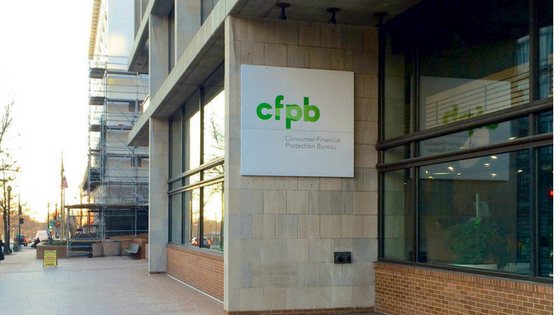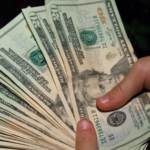The Consumer Financial Protection Bureau yesterday issued a proposed rule seeking to lower credit card late fees at $8, bring an end to the automatic inflation adjustment that occurs annually, and cap late fees at 25% of the minimum payment owed by the cardholder. The proposal would save consumers as much as $9 billion per year, according to CFPB estimates.
A copy of the proposed rule can be accessed by clicking here.
Excessive late fees were banned by Congress more than a decade ago, but the Federal Reserve Board gave credit card lenders a loophole that granted them immunity from enforcement. The proposed rule would close that loophole once and for all.
Rather than serve as a penalty to consumers who don’t pay their bills on time, late fees have become a “profit center” for credit card companies and a core component of their business model, according to Rohit Chopra, the Director of the CFPB. Late fees disproportionately harm lower income consumers more, according to the CFPB.
Consumers were charged $12 billion in late fees in 2020, according to a report issued by the CFPB. Most issuers use the maximum allowable fee set by the Federal Reserve Board — $30 for the first late payment and then $41 for each subsequent late payment within six billing cycles.
Critics of the proposal said that the intended effect could backfire and lead to more late fees being charged to consumers who may not care as much about only paying $8. Published reports indicated that the financial services industry could mount a legal challenge if the rule becomes final as proposed.









